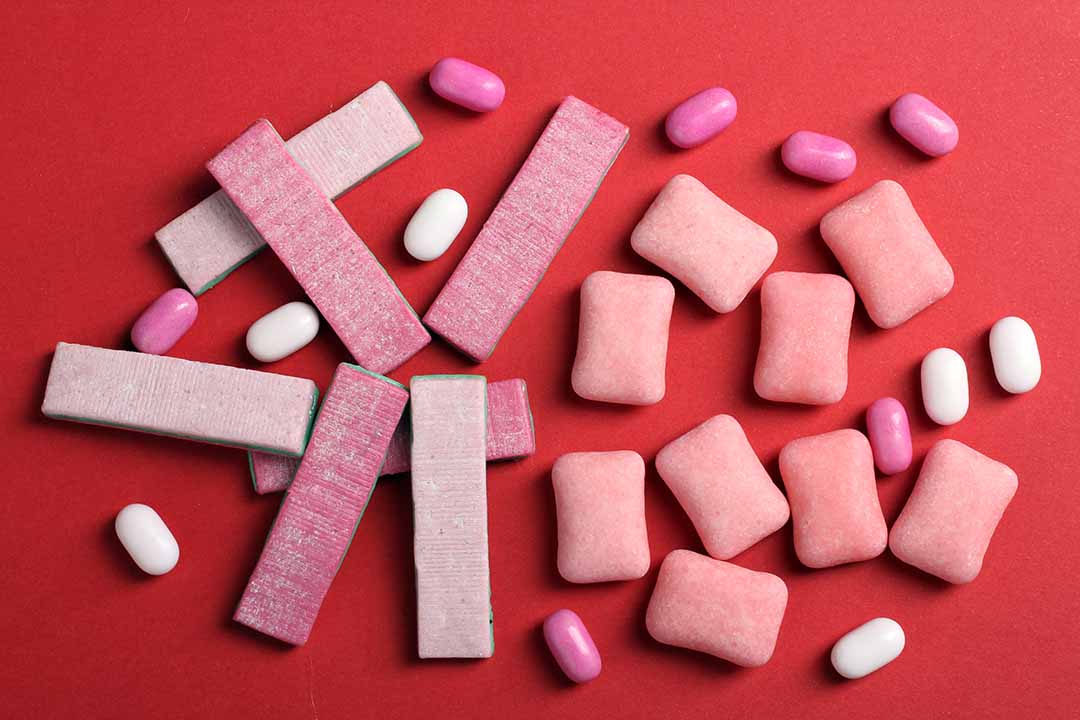Blog, Energon Qube Blog, Mocca Shots
Energy Chews: Are Energy Chews Healthy?
Energy chews are popular these days. They are more convenient than making a cup of coffee or buying an energy drink, and they are easier to take—all you have to do is chew. Plus, they work faster than liquid caffeine. But are energy chews healthy? We’ll explore this question and more about energy chews in this article.
What Are Energy Chews?
Energy chews are small, candy-like gummies that have added ingredients for energy. The most commonly added ingredient for energy is caffeine. The amount of caffeine will vary based on the chew, but most have between 50-100 mg of caffeine per chew. Energy chews absorb very quickly through the thin skin of the mouth while chewing. You’ll feel the effects of an energy chew in a few minutes after eating one.
Are Energy Chews Healthy?
It will depend on the energy chew; however, energy chews are so small, and you’re eating so few of them that it’s ok if they have sugar or other less healthful ingredients. Plus, you’ll likely use the energy they give you to do healthy things like cook a good meal or workout. However, the Seattle Gummy Mocca Shot energy chew is full of healthy ingredients, like B vitamins, Dutch cocoa, and the herb ginkgo biloba.
When Should You Eat Energy Chews?
Energy chews are the most convenient form of energy on the market. You can take them with you as you go about your day so you can have a boost whenever you need one. Here are some times when you might want to have an energy chew!
Upon waking up.
Before working out.
Right before work.
Before a big call or meeting.
After lunch, to avoid the mid-day slump.
While running errands.
Before doing something active like pickleball or hiking.
How Many Energy Chews Should You Take?
Everybody is different and can tolerate different levels of caffeine. While demographic and social variables influence the amount of caffeine someone takes, there is also a profound genetic correlation. There is a genetic link between how much caffeine people can tolerate and how long it stays active in their system. This is why some people can drink coffee before bed and sleep fine, while others have a couple of sips at 3 pm and are wired for hours. Variants in the CYP1A1 and CYP1A2 gene and the AHR gene dictate how fast caffeine is broken down in a person’s body. CYP1A2 works to metabolize caffeine, and AHR regulates CYP1A2. These genes are essential in caffeine metabolism, and CYP1A2 affects a person’s caffeine intake. These genes and their expression will impact how caffeine affects your body, on a scale from negative side effects like anxiety, to having little to no effect at all.
You likely already have a good idea about how much caffeine you can take to feel good. It might be a couple of cups of green tea, or maybe you drink coffee all day long. While the delivery system for energy chews is different from liquid caffeine, you still wind up with the same amount of caffeine in your body. So, you’ll want to stick with the amount that works for you. But if you’re used to drinking coffee, tea, or energy drinks, how can you calculate how much caffeine works for you?
- A strong cup of coffee: 100 mg of caffeine
- Cup of black tea: 47 mg caffeine
- Cup of green tea: 30-50 mg of caffeine
- Average energy drink: 70-80 mg, though this will vary between brands
The maximum recommended daily amount of caffeine for healthy adults is 400 mg. So, it’s a good idea to try and stay below that number, but again, everyone’s body will process caffeine differently, so you may be comfortable with a higher amount. Go ahead and guesstimate how much caffeine you use on an average day, and decide how much of that you will replace with energy chews. For example, a morning cup of coffee might be a relaxing ritual but impractical during a busy afternoon. So, you could take an energy chew instead of an afternoon coffee break. You’ll need to know how much caffeine is in your energy chews to start making substitutions. For example, Seattle Gummy’s energy chew, the Mocca Shot, has 100 mg per chew, so you could substitute one for a cup of coffee. (Need less caffeine? Just nibble on part of a Mocca Shot energy chew and put the rest back into its resealable pouch for later.)
Are Energy Chews Safe?
Energy chews are safe when used sensibly. As we just discussed, everyone is affected by caffeine differently. So, if you know you’re more sensitive to things like coffee and energy drinks, don’t eat a whole pouch of Mocca Shot energy chews. With 200 mg of caffeine, a pouch of Mocca Shots is equivalent to two strong cups of coffee. If you’re staying below the recommended amount of 400 mg for healthy adults, the worst that can happen if you eat too many energy chews is insomnia, anxiety, jitters, digestive upset, and increased blood pressure.
If you have health concerns, especially relating to circulation and blood pressure, err on the side of caution when it comes to energy chews, and make sure you know how much caffeine the energy chews you’re taking contain. However, it is good to note that massive doses of caffeine can be fatal, between 5-10 grams, depending on body weight. So, don’t eat 50+ energy chews, and stay away from powdered caffeine, which can be easily overdosed.
Shop Seattle Gummy Energy Chews
Check out our seven different flavored Mocca Shots! With organic caffeine, B vitamins for energy, ginkgo biloba for mental focus and clarity, and antioxidant-rich Dutch cocoa, Mocca Shot energy chews are there for you when you need the energy to get ____ done.

